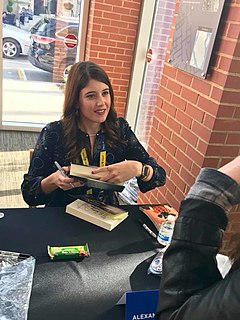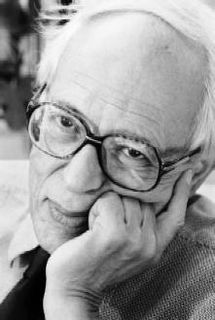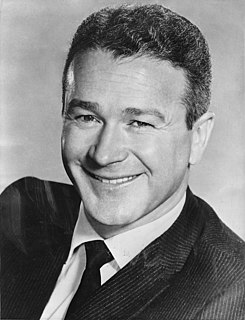A Quote by Edmond Jabes
In the morning, you tear up the pages of your fever, but every word naturally leads you back to its color, its night.
Related Quotes
One thing that helps is to give myself permission to write badly. I tell myself that I'm going to do my five or 10 pages no matter what, and that I can always tear them up the following morning if I want. I'll have lost nothing-writing and tearing up five pages would leave me no further behind than if I took the day off.
The impressionistic method leads into a complete splitting and dissolution of all areas involved in the composition, and color is used to create an overall effect of light. The color is, through such a shading down from the highest light in the deepest shadows, sacrified an degraded to a (black-and-white) function. This leads to the destructions of the color as color.
When you write a novel or paint a picture, you have the opportunity to approach it and back off, tear up pages, write, rewrite, paint over, and come back to it. In film, once you start shooting, you can't restart the clock, and you keep moving forward, and you don't look back, and you don't go back. And that is, of course, antithetical to the creative process. It's really hard to generate a comfortable creative flow under that kind of pressure.
You might have, as a character, 30 pages of dialogue a day if you're what they call a 'front-burner story.' So you go home, you learn your lines for the next day, you get up, you're there at 7 in the morning, you do a quick rehearsal, you're on camera, you might leave, you know, at 7 at night and start the whole thing over again.
If you're going to be a writer you should sit down and write in the morning, and keep it up all day, every day. Charles Bukowski, no matter how drunk he got the night before or no matter how hungover he was, the next morning he was at his typewriter. Every morning. Holidays, too. He'd have a bottle of whiskey with him to wake up with, and that's what he believed. That's the way you became a writer: by writing. When you weren't writing, you weren't a writer.
The mythology around colorblindness leads people to imagine that if poor kids of color are failing or getting locked up in large numbers, it must be something wrong with them. It leads young kids of color to look around and say: "There must be something wrong with me, there must be something wrong with us. Is there something inherent, something different about me, about us as a people, that leads us to fail so often, that leads us to live in these miserable conditions, that leads us to go in and out of prison?"





































